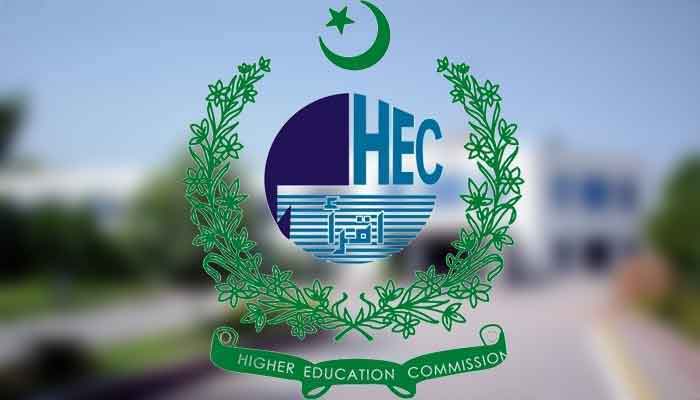Socio-Economic Factors affecting labor Supply in Pakistan: An Econometric Analysis
Keywords:
Labor supply, SocioEconomic factors, Trade openness, GDP, Literacy rate, Fertility rate, GDP Deflator, ARDLAbstract
Socio- Economic Factors are very much important for labor supply participation in any country. Some of these factors positively affect and some negatively affect the labor force in Pakistan's economy. The data set covered the period from 1972-2020. Data is collected from Hand Book of Statistic, Pakistan Economic Survey and World Development Indicators. Total labor force is taken as a dependent variable and list of independent variables are Fertility rate, Government Current Expenditures, Total Taxes, Trade Openness, GDP Deflator, Gross Domestic Product, Literacy Rate and Life Expectancy. The objective of the study is to analyze the impact of Socio-Economic factors on total labor force in Pakistan. The novelty of this piece of research is to assess the ability and strength of labor force depending on social and economic variables that mainly affect labor supply in Pakistan. The ARDL model estimation technique is used to analyze the data. The study shows that socio-economic factors affect differently human capital formation and labor supply in case of Pakistan. The results of the study shows that life expectancy, literacy rate, gross domestic product, trade openness, government current expenditures and fertility rate are positively related with labor supply, on the other hand GDP deflator reflecting inflation in economy and total taxes are negatively related with labor supply in Pakistan. The long run and short run results of the study shows that socio-economic factors have a great impact on labor supply in Pakistan. The policy suggestions involve the role of Government to improve the social and economic condition of the economy which will be definitely helpful for betterment of labor supply in Pakistan.
Downloads
Published
How to Cite
Issue
Section
License
Copyright (c) 2022 Journal of Contemporary Macroeconomic Issues

This work is licensed under a Creative Commons Attribution-ShareAlike 4.0 International License.







